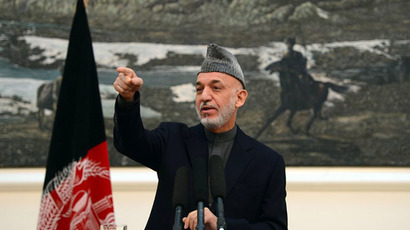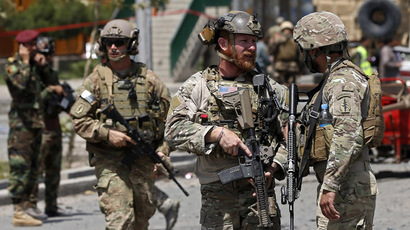Afghan reset? President Obama invites unity leaders to White House
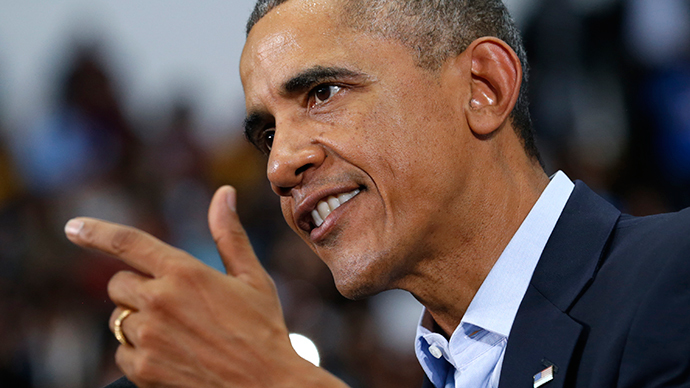
As President Barack Obama looks to improve relations with Afghanistan, he has extended White House invitations to the leaders of the country’s new government, both of whom will visit early next year.
The invitation was extended during a video conference on
Wednesday between the new Afghan leaders – President Ashraf Ghani
Ahmadzai and Chief Executive Abdullah Abdullah – and President
Obama, reported Reuters. A previous invitation to the White House
was also included in Obama’s congratulatory letters to the men
when they took office last month, according to the Associated
Press.
During the conversation, the unity leaders discussed
strengthening the Afghan National Security Forces, US and
regional support for an Afghan-led peace process, budgetary
reforms and the country’s long-term fiscal outlook.
Obama commended the leaders on completing their first month of
their US-supported unity government. The power-sharing
arrangement settled months of tension between Ghani and Abdullah,
since both had sought the presidency.
READ MORE:America’s $7.6 billion war on Afghan drugs fails, opium production peaks
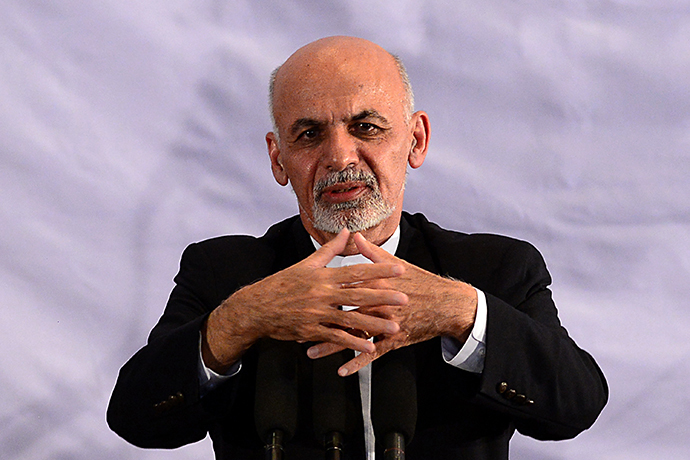
One day after his inauguration, President Ghani signed a much-delayed security deal with the US on September 30.
"As an independent country, based on our national interests,
we signed this agreement for stability, goodwill, and prosperity
of our people, stability of the region and the world," Ghani
said in a speech after the signing, according to Reuters.
Under the terms of the Bilateral Security Agreement, the US will
significantly reduce the number of soldiers involved in the
post-9/11 Operation Enduring Freedom at the end of this year.
Troop numbers will shrink to 10,000, signaling a major step
towards ending the war in Afghanistan — a campaign promise made
by Obama during the lead-up to his re-election in 2012.
READ MORE:Afghan, US officials sign long-awaited pact to ensure troops stay past 2014
The pact between the United States and Afghanistan was in danger of falling apart under former President Hamid Karzai, who rejected key provisions of it. One provision granted the US authority to carry out military operations within the country, including the searches of civilian homes. Karzai was opposed to the raids as they had resulted in civilian deaths, but the US said they would allow it to continue operations targeting Al-Qaeda and anti-government forces.
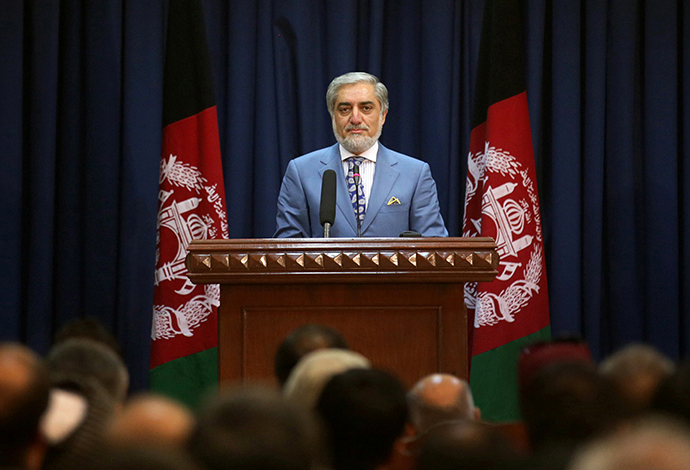
Karzai was also against a provision granting American military personnel immunity from prosecution under Afghan law during their stay in the country.
READ MORE:Karzai refuses to sign security pact until 'US brings peace' despite assembly backing
The Taliban was critical of the pact and called it a “sinister”
plot by Washington to control Afghanistan after it was signed by
the new Afghan leadership.
"Under the name of the security agreement, today Americans
want to prepare themselves for another non-obvious and very
dangerous fight," the Taliban said in a statement emailed to
the media at the time, Reuters reported. "With their bulk of
artifices and deceptions they want to hoodwink the people. They
think the Afghan people do not know about their conspiracies and
their sinister goals."
READ MORE:Longest in US history: Afghan War turns 13, US military deaths grow 4-fold under Obama
The financial toll of the Afghan war on the US treasury could range from $4 trillion to $6 trillion, according to research published last year out of Harvard University.













